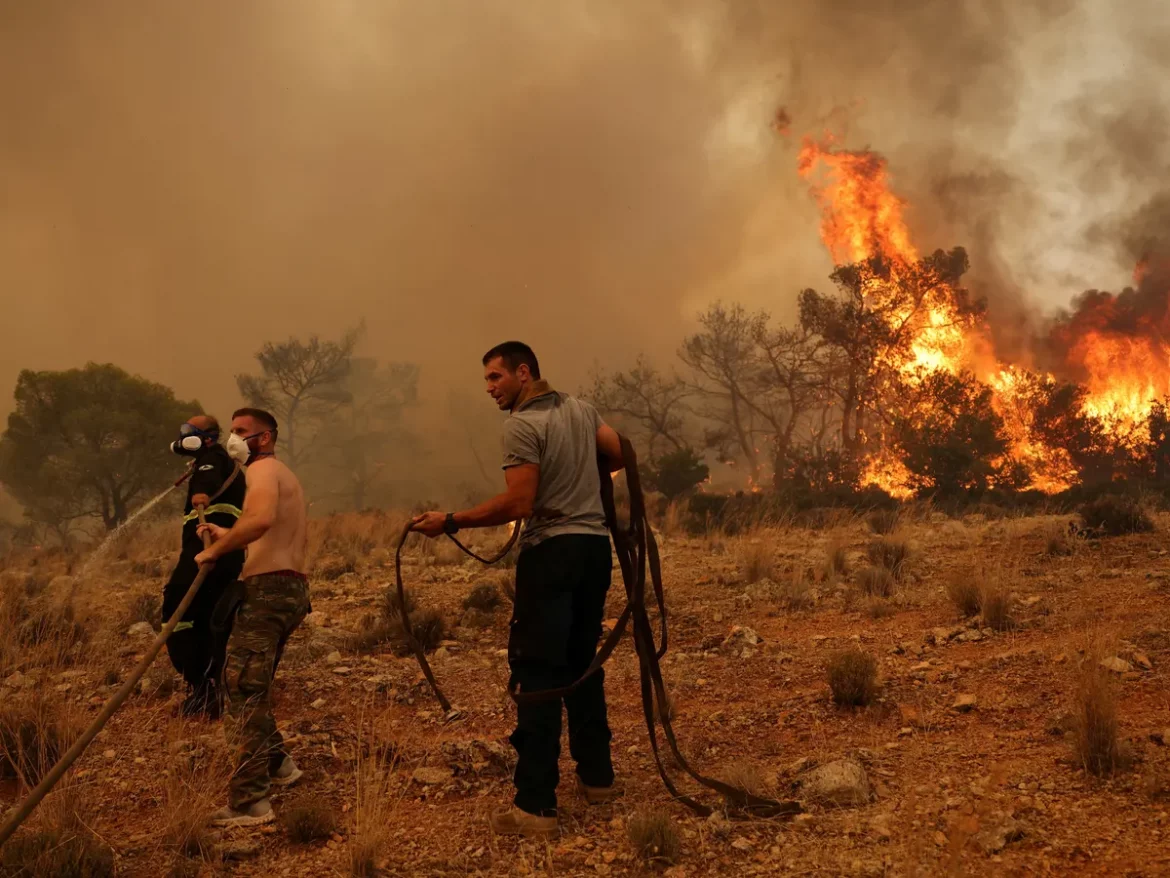A study that models the unintended consequences of regional tinkering with a changing climate has shown that a geoengineering technique designed to reduce high temperatures in California could inadvertently intensify heatwaves in Europe.
The paper shows that targeted interventions to lower temperature in one area for one season might bring temporary benefits to some populations, but this has to be set against potentially negative side-effects in other parts of the world and shifting degrees of effectiveness over time.
The authors of the study said that the findings were “scary” because the world has few or no regulations in place to prevent regional applications of the technique, marine cloud brightening, which involves spraying reflective aerosols (usually in the form of sea salt or sea spray) into stratocumulus clouds over the ocean to reflect more solar radiation back into space.
Experts have said the paucity of controls means there is little to prevent individual countries, cities, companies or even wealthy individuals from trying to modify their local climates, even if it is to the detriment of people living elsewhere, potentially leading to competition and conflict over interventions.
Read also: Climate activists lament scant progress on finance as Cop29 looms
The recent sharp rise in global temperatures has prompted some research institutions and private organisations to engage in geoengineering research that used to be virtually taboo.
In Australia, scientists have been trialling marine cloud brightening strategies for at least four years to try to cool the Great Barrier Reef and slow its bleaching.
Earlier this year, scientists at the University of Washington sprayed sea-salt particles across the flight deck of a decommissioned aircraft carrier, the USS Hornet, docked in Alameda in San Francisco Bay. This experiment was halted by the local government to allow it to evaluate whether the spray contains chemicals that might pose a health risk to people or animals in the Bay area.
The new paper suggests the consequences could be much further reaching and harder to predict. Published on Friday in Nature Climate Change, the authors claim to be the first to demonstrate that cloud brightening effects can diminish or reverse as climate conditions change due to the already dramatic human impacts of burning fossil fuels and forests.
Using Earth system computer models of the climate in 2010 and 2050, they simulated the impacts of two cloud brightening operations carried out over different regions of the north-eastern Pacific Ocean, one in the subtropics near California and one in the mid-latitudes near Alaska. Both were designed to reduce the risk of extreme heat on the target region, the US west coast.
Story was adapted from the Guardian.
